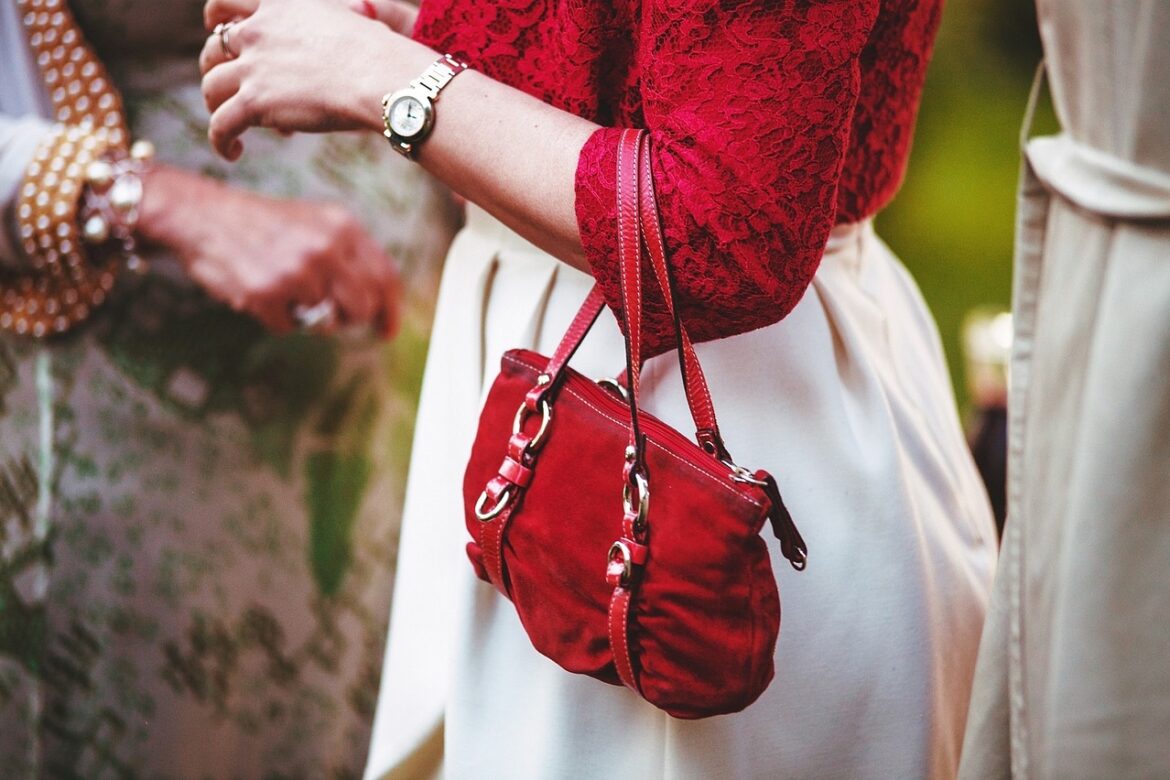The Heavy-Purse Syndrome
The term “heavy-purse syndrome” was developed by Dr. Ayla Azad from the Ontario Chiropractic Association to describe the issues that arise in patients who carry a purse daily. Many of these patients go through a process called neural adaptation causing them to forget how heavy their purse in. Neural adaptation is a process that allows you to ignore or overcome a stimulus over time. In the case of carrying your purse, your body adapts to the weight of your purse causing you to forget or be unaware of how heavy it is. This neural adaptation associated with carrying a purse can cause issues such as the neck, shoulder, and back pain or numbness and tingling to name a few.
What are the effects on my body from carrying a heavy purse?
Many effects and consequences can occur from continually carrying a heavy purse. Below is a list of some of the issues that you may see.
- Neck, shoulder or back pain due to the unnecessary weight of purse, small straps, or compensation patterns while carrying a purse.
- Poor posture due to uneven distribution of weight in a purse or overcompensating to keep purse from slipping off the shoulder.
- Elbow tendonitis due to carrying your purse in the crook your elbow.
- Numbness and tingling in hand or fingers due to nerves being compressed on by the purse and bad posture.
Tips for selecting, wearing, and packing your purse
Below you will find suggestions for selecting and packing your purse to help avoid the “heavy-purse syndrome.”
- When buying a purse, choose materials wisely. Select a lighter material such as microfiber or fabric. It is also important to look for large embellishments on the purse that add extra unnecessary weight.
- Choose a purse that is proportionate to your body size. Also, ensure that the purse is no larger than absolutely needed, avoid tote style bags.
- Purchase varying sizes of purses for different occasions or activities. It is essential to use a small purse for short errands that don’t require many items. If you run errands requiring you to bring along extra items, use a small backpack that will evenly distribute the weight.
- When selecting a purse, look at the size of the straps. Avoid thin straps, choose straps that are adjustable and wide to distribute the pressure and weight of the purse on your shoulder. It is also helpful to select a purse that has a strap that goes across your body to help evenly distribute the weight across your back.
- Alternate shoulders that hold the purse and switch positions to avoid overusing your muscles in one shoulder.
- Ensure you are using proper posture and avoid compensation patterns such as hiking your shoulder to ensure the purse does not slip off. Improper posture can cause your muscles to be overused, become fatigued, or tight leading to pain.
- When you are out shopping, try to rest your purse on the counter while checking out to give your shoulder muscles a break.
- When packing your purse, bring only the most essential items that are needed to avoid having extra weight you will be carrying with you. A good rule of thumb is that your purse should not weight more than 10% of your body weight. So, if you weigh 180lbs, your purse should weight no more than 18lbs.
- Go through your purse from time to time and check for duplicate items, if you have two pens or hand lotions take one out to eliminate some weight.
- If you need to bring any toiletries with you, try to carry travel size products which are lighter. This can be important for lotions, hand sanitizers, and even medications.
- Go through your wallet periodically to eliminate extra coins and cards that you no longer need or use. Also, you can leave extra coins or rewards cards in your car and only take them into the store when you need to.
What can I do if the pain is not going away?
If you feel as though you are having pain as a result of carrying a heavy purse and it is not going away, you can seek treatment from a Physical or Occupational Therapist. They can provide you with hands-on care focused on your specific needs.
Nichols, B., Nova, P., & Jacobs, K. (n.d.). Ergonomic Strategies for Using a Purse. Retrieved February 19, 2019, from https://www.aota.org/About-Occupational-Therapy/Patients-Clients/Adults/Ergonomic-Stategies-Purse.aspx


I have developed a back and hip problem, with severe pain in my hip and groin. I have just realised that this is caused by my heavy bag which I carry every time I leave the house and which I really like. I will not be using it again